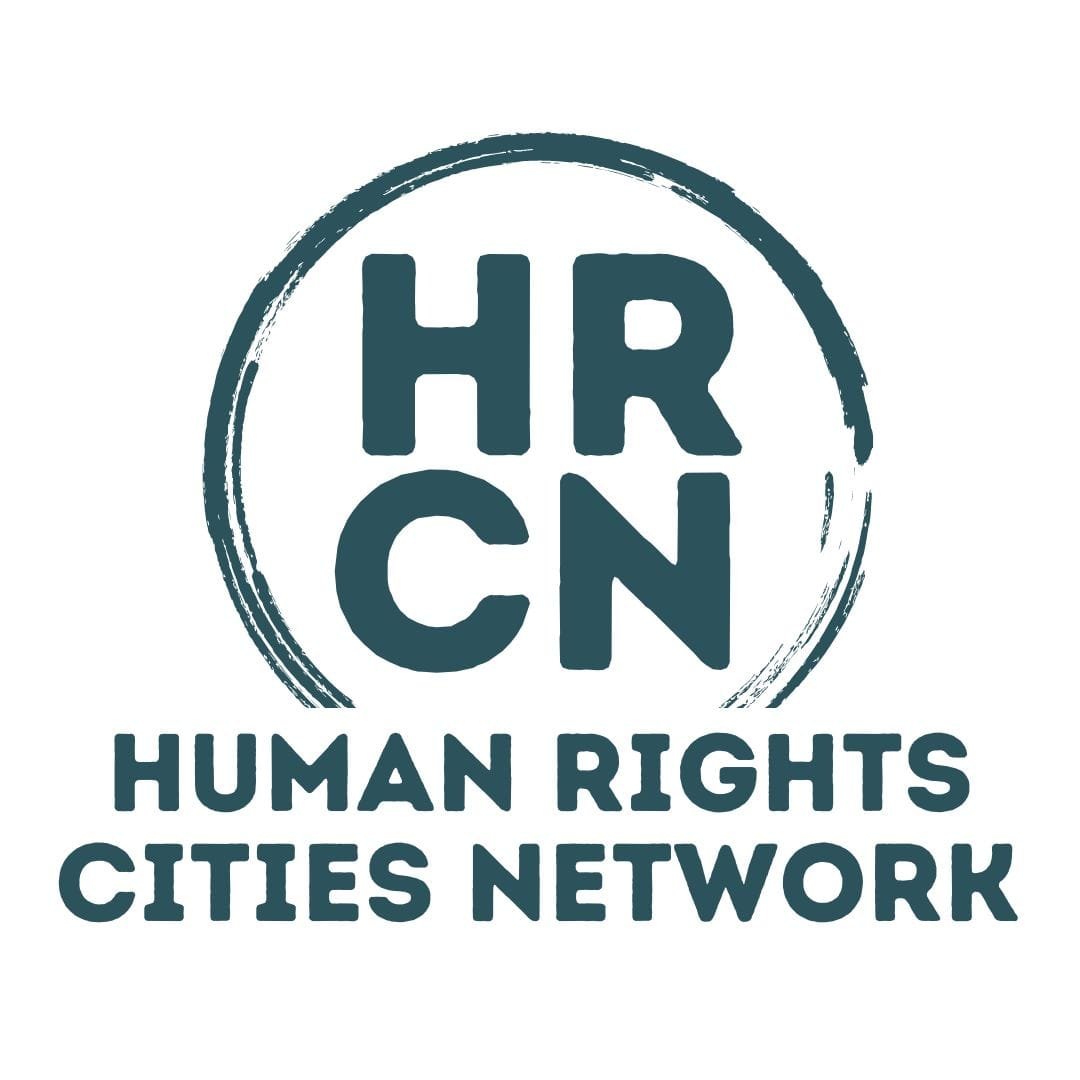The Civic Action for Rights and Equality in Cities (CAREinCities) project brings together a diverse community of civil society members and local authorities from the cities of Ghent (Belgium) and Padua (Italy). The purpose is to design a collaborative system to monitor the human rights impacts and inclusivity of their social policies and services.
In early September, a group of CSOs, academic researchers, and municipal officials from both cities was trained on human rights and how to monitor them in local public policies and services. Based on the concepts and methods acquired during the training, each city worked together with their fellow city representatives during three online Civic Labs. These workshops brought together municipal officials from different departments, grassroots organizations working on access to rights and services by marginalized groups, and academic researchers in human rights. During this cycle of workshops, participants had the opportunity to discuss how to collaborate and build synergies among their respective activities, competencies, and structures to effectively monitor human rights and inclusivity in public service delivery in the field of social services.
Among the challenges identified by both cities to guarantee a fruitful collaboration, it is important to emphasize:
- the construction of a collective vision of the change that cities want to generate;
- the understanding among diverse actors that have different working procedures, languages, and timings;
- the lack of staff and time to dedicate to this networking and reflection work;
- the need to build trust and manage the human component of a collective action involving different points of view;
- the importance of changing mindsets towards a result-based approach and a human rights-based approach putting target groups at the center of policies and services.
The Civic Labs also provided an opportunity to collaborate and explore possible paths or inputs to help overcome these challenges. Some ideas proposed include the better valorization of existing human resources and competencies within municipalities, a more frequent exchange and update with other local stakeholders working for the promotion and protection of the same rights, the elaboration of more user-friendly monitoring tools, and well-defined task divisions and process streamlining.
These first reflections set the basis for elaborating some recommendations for the effective implementation of a system to monitor human rights in local policies and services. The recommendations were first elaborated by the multi-actor groups for each city, and then shared
with the other city and improved during the Mutual Learning Workshop that gathered representatives from the two cities in Ghent on the 18th of October.
The Mutual Learning Workshop provided an opportunity for exchanging experiences between the two cities, mapping the structures and tools already in place to make human rights a reality in the city, and working together to operationalize the recommendations elaborated during the Civic Labs. Many similarities exist in the challenges and recommendations that emerged from the two cities, which confirms the relevance of identifying transversal guidelines but, at the same time, leaving space for each city to apply them as appropriate to the local context.
The main recommendations discussed and operationalized during the Mutual Learning Workshop are the following:
- harmonizing the meaning of key concepts among the different actors, to allow the alignment of expectations and actions towards the same objectives and targets;
- involving the different stakeholders in all the steps of the construction and implementation of the monitoring system, setting regular meetings and progressive verification of preliminary results in order to ensure ownership;
- mapping existing resources to overcome financial restrictions, such as involving social businesses with their corporate social responsibility, orientating grants towards this objective, and mapping and integrating existing datasets (from the public sector, from academia, from CSOs);
- identifying the appropriate tools for data collection, aggregation and analysis through the horizontal interaction between data experts and data collectors on the ground, to ensure the efficiency, transparency and user-friendliness of the tools;
- integrating qualitative data collected by service providers to help interpret the measure of quantitative indicators;
- ensuring transparency of the monitoring system, by sharing data and indicators through a public platform accessible to citizens and explicitly stating the contribution of services and municipal funding to improving human rights indicators.
According to participants’ final evaluations, the project managed to ignite interest in the monitoring of human rights in policies and service delivery in the cities of Ghent and Padua, to provide an open field for discussion among stakeholders on the topic, and to cross-fertilize experiences from two different local contexts.
The experience gained through the CAREinCities project will feed into the methodology that the Human Rights Cities Network and the Global Parliament of Mayors will implement in ten European cities in the framework of the Boost Democratic Participation in Cities to Recharge Democracy in Europe – DeCiDE project in the next two years.


